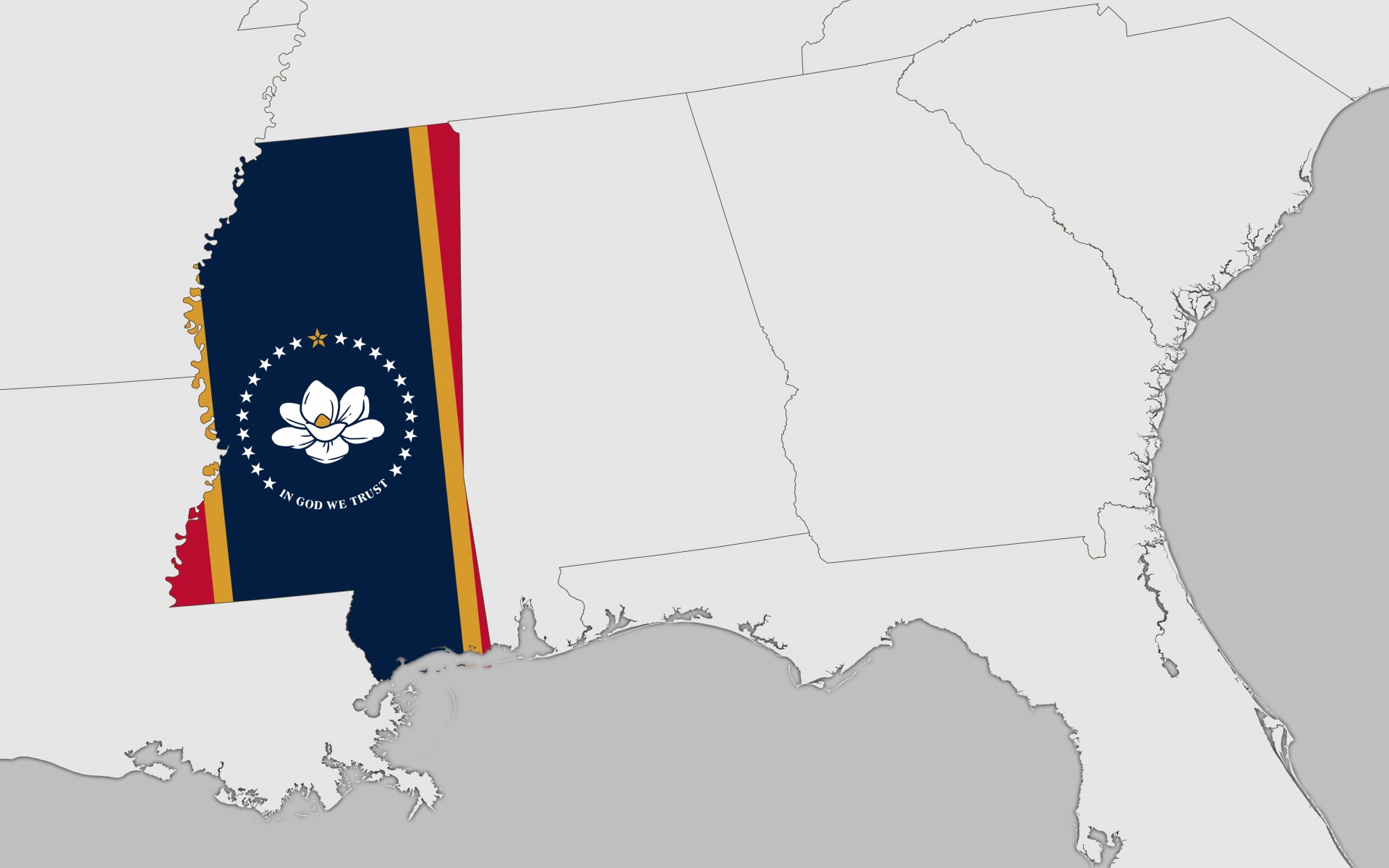England’s ‘dysfunctional’ children’s care system
A new report reveals that protection of youngsters in care in England is failing in a profit-chasing sector

A free daily email with the biggest news stories of the day – and the best features from TheWeek.com
You are now subscribed
Your newsletter sign-up was successful
The care system for children in England doesn’t represent value for money, according to a new report, with a record number of those in residential care living in challenging conditions and often moved miles away from where they grew up.
The cost of children’s homes has doubled in the last five years but the current standards of care nowhere near reflect that. A report by the National Audit Office (NAO) has described the system as “dysfunctional”.
It’s another damning indictment of a sector that has been dogged by staff shortages and higher expenses, leaving vulnerable children unsupported.
The Week
Escape your echo chamber. Get the facts behind the news, plus analysis from multiple perspectives.

Sign up for The Week's Free Newsletters
From our morning news briefing to a weekly Good News Newsletter, get the best of The Week delivered directly to your inbox.
From our morning news briefing to a weekly Good News Newsletter, get the best of The Week delivered directly to your inbox.
The state of affairs
Protecting children in care has become a problem right across the country. “It is a moral failure” that thousands of children are abandoned at critical times in their lives, said a Commons Education Committee report in July, with “urgent action” required to “fix this broken system”.
On a local level, councils are struggling to find enough placements of a high standard for children. Many bounce from home to home, with no consistency or stability to speak of. A history of abuse and neglect affects two-thirds of children in care in England, said Sky News.
The challenges don’t stop there, with the problems they face continuing into adulthood. Due to “systemic failings” of the care system as a whole, those who emerge from care are “three times more likely not to be in education, training, or employment than their peers”.
Better information about the “supply and the availability” of places in care, but more importantly of specific “children’s needs”, should be the top priority for the Department for Education, said the lead author of the NAO report, Emma Willson.
A free daily email with the biggest news stories of the day – and the best features from TheWeek.com
Crunching the numbers
Like many concerns at the moment, a central obstacle for care providers is funding and allocating resources effectively. Care facilities do not come cheap but the situation is beginning to spiral out of control.
Overall, the total cost of residential care in England last year was £3.1 billion, rising from £1.6 billion 2019/20, said the Financial Times. The average cost to local authorities of placements in children’s homes rose by a third to nearly £320,000 in 2023/24, meaning an average cost of around £6,100 per child a week.
In the most extreme circumstances, children with complex needs require “24-hour supervision by multiple staff” and councils had been charged up to £3.3 million a year for a single placement, said The Guardian.
Profit-run sector
Companies that are privately owned, often funded by private equity, lie at the heart of the sector. They look to take advantage of the broken system, said The Guardian, with the fees they charge far surpassing the rate of inflation, with some of the biggest providers “enjoying average annual profit rates of 22.6% a year”.
Private firms were “racking up huge profits” due to market failure, and can load the children’s homes with “high levels of debt”, which often leads to “heightening the risk of market instability”.
Their presence in the sector has grown. Now, 84% of children’s homes are run for profit, said the BBC. Because they are independent, many private care providers can “cherry pick the children they take” from councils “based on how much support they need and how much profit this allows”.
Will Barker joined The Week team as a staff writer in 2025, covering UK and global news and politics. He previously worked at the Financial Times and The Sun, contributing to the arts and world news desks, respectively. Before that, he achieved a gold-standard NCTJ Diploma at News Associates in Twickenham, with specialisms in media law and data journalism. While studying for his diploma, he also wrote for the South West Londoner, and channelled his passion for sport by reporting for The Cricket Paper. As an undergraduate of Merton College, University of Oxford, Will read English and French, and he also has an M.Phil in literary translation from Trinity College Dublin.
-
 6 of the world’s most accessible destinations
6 of the world’s most accessible destinationsThe Week Recommends Experience all of Berlin, Singapore and Sydney
-
 How the FCC’s ‘equal time’ rule works
How the FCC’s ‘equal time’ rule worksIn the Spotlight The law is at the heart of the Colbert-CBS conflict
-
 What is the endgame in the DHS shutdown?
What is the endgame in the DHS shutdown?Today’s Big Question Democrats want to rein in ICE’s immigration crackdown
-
 American universities are losing ground to their foreign counterparts
American universities are losing ground to their foreign counterpartsThe Explainer While Harvard is still near the top, other colleges have slipped
-
 How Mississippi moved from the bottom to the top in education
How Mississippi moved from the bottom to the top in educationIn the Spotlight All eyes are on the Magnolia State
-
 The Trump administration’s plans to dismantle the Department of Education
The Trump administration’s plans to dismantle the Department of EducationThe Explainer The president aims to fulfill his promise to get rid of the agency
-
 How will new V level qualifications work?
How will new V level qualifications work?The Explainer Government proposals aim to ‘streamline’ post-GCSE education options
-
 The pros and cons of banning cellphones in classrooms
The pros and cons of banning cellphones in classroomsPros and cons The devices could be major distractions
-
 School phone bans: Why they're spreading
School phone bans: Why they're spreadingFeature 17 states are imposing all-day phone bans in schools
-
 Send reforms: government's battle over special educational needs
Send reforms: government's battle over special educational needsThe Explainer Current system in 'crisis' but parents fear overhaul will leave many young people behind
-
 Education: America First vs. foreign students
Education: America First vs. foreign studentsFeature Trump's war on Harvard escalates as he blocks foreign students from enrolling at the university